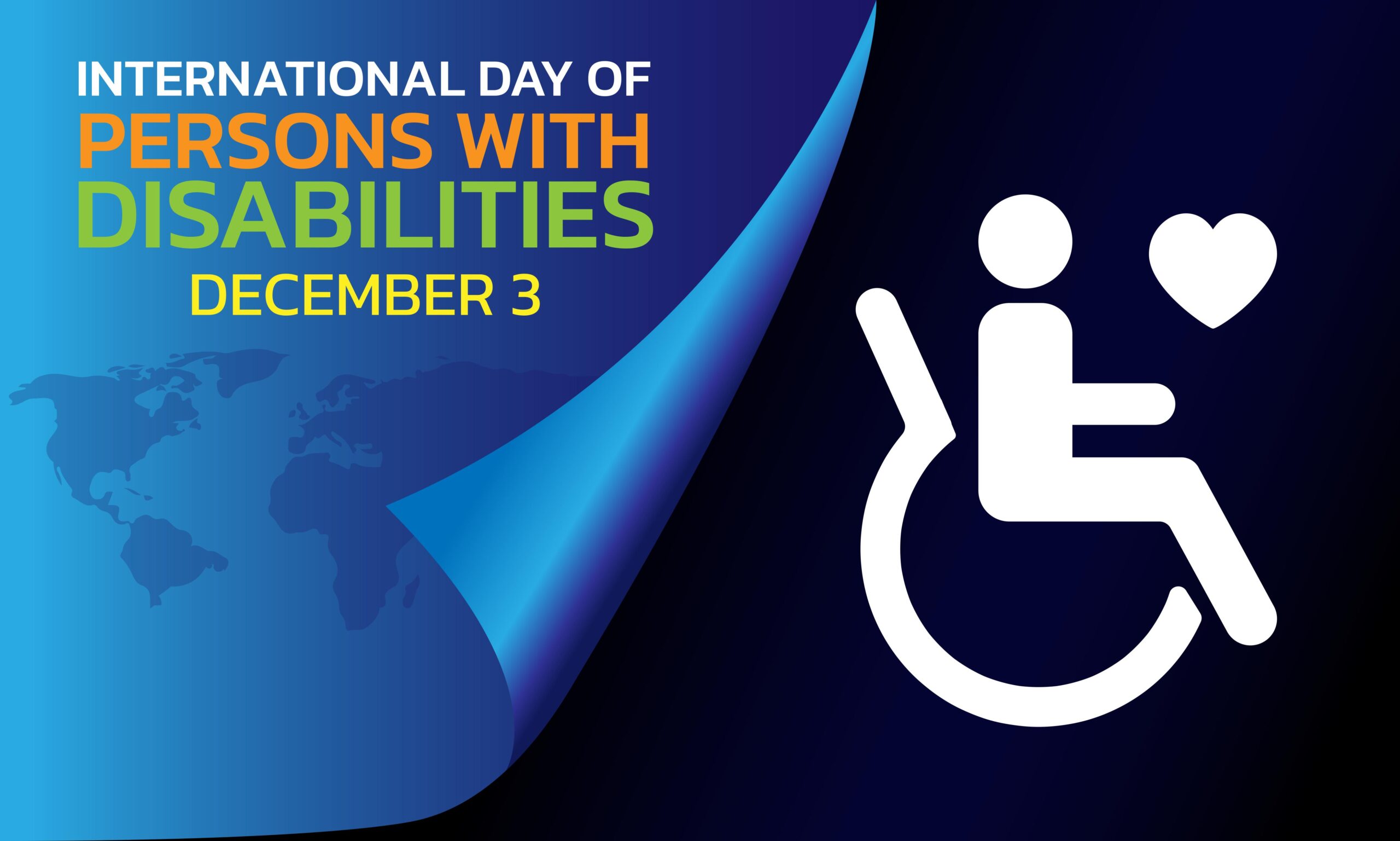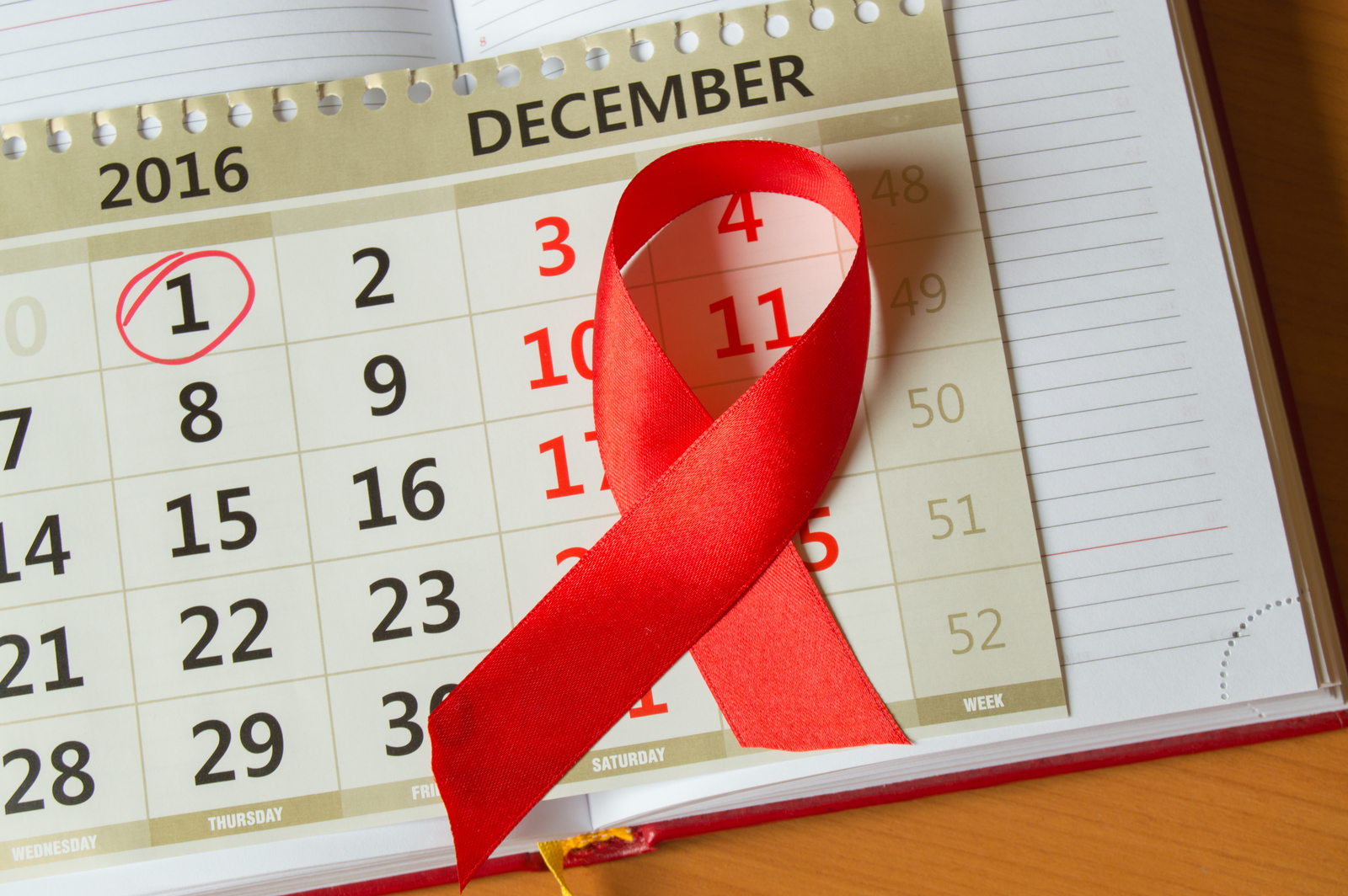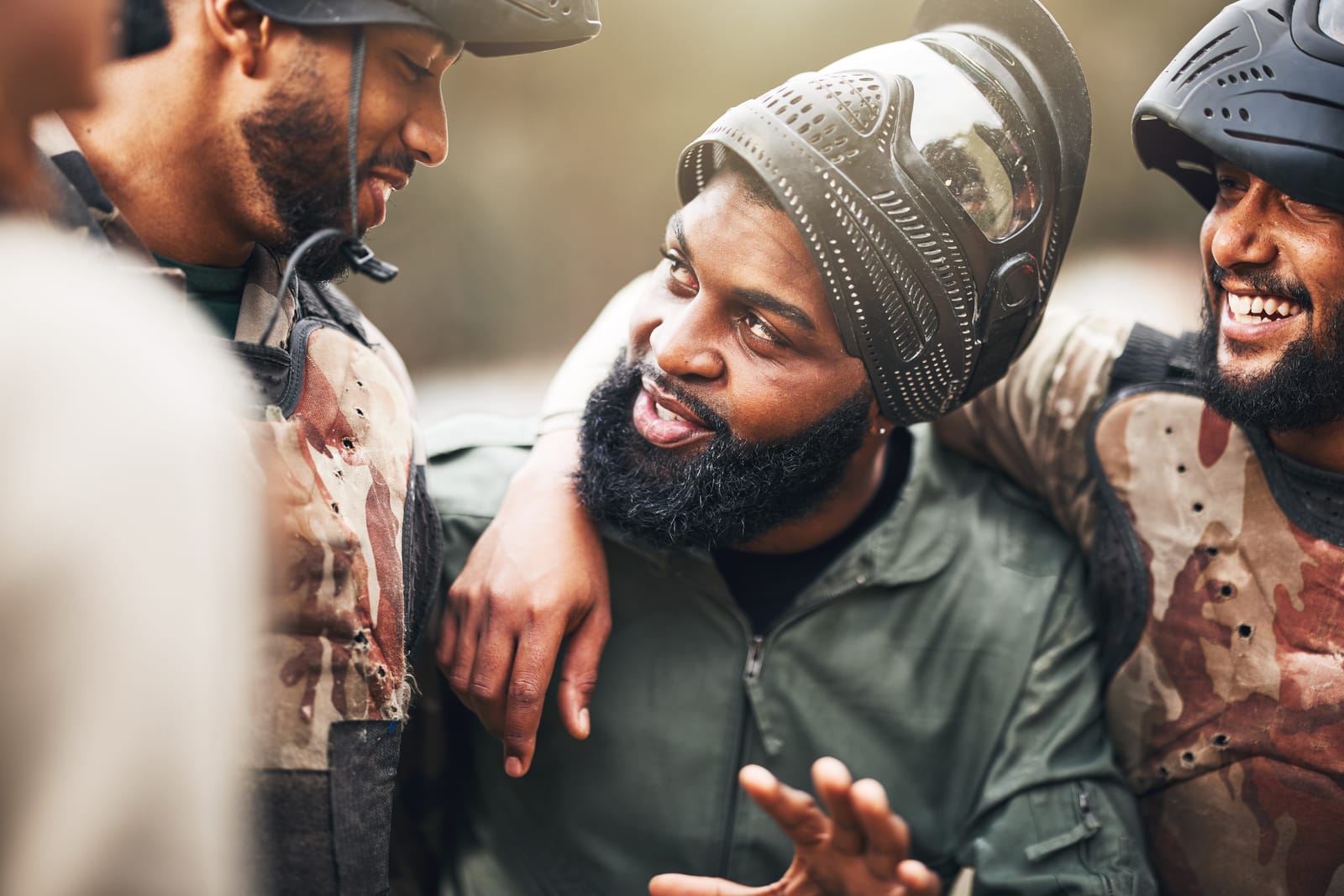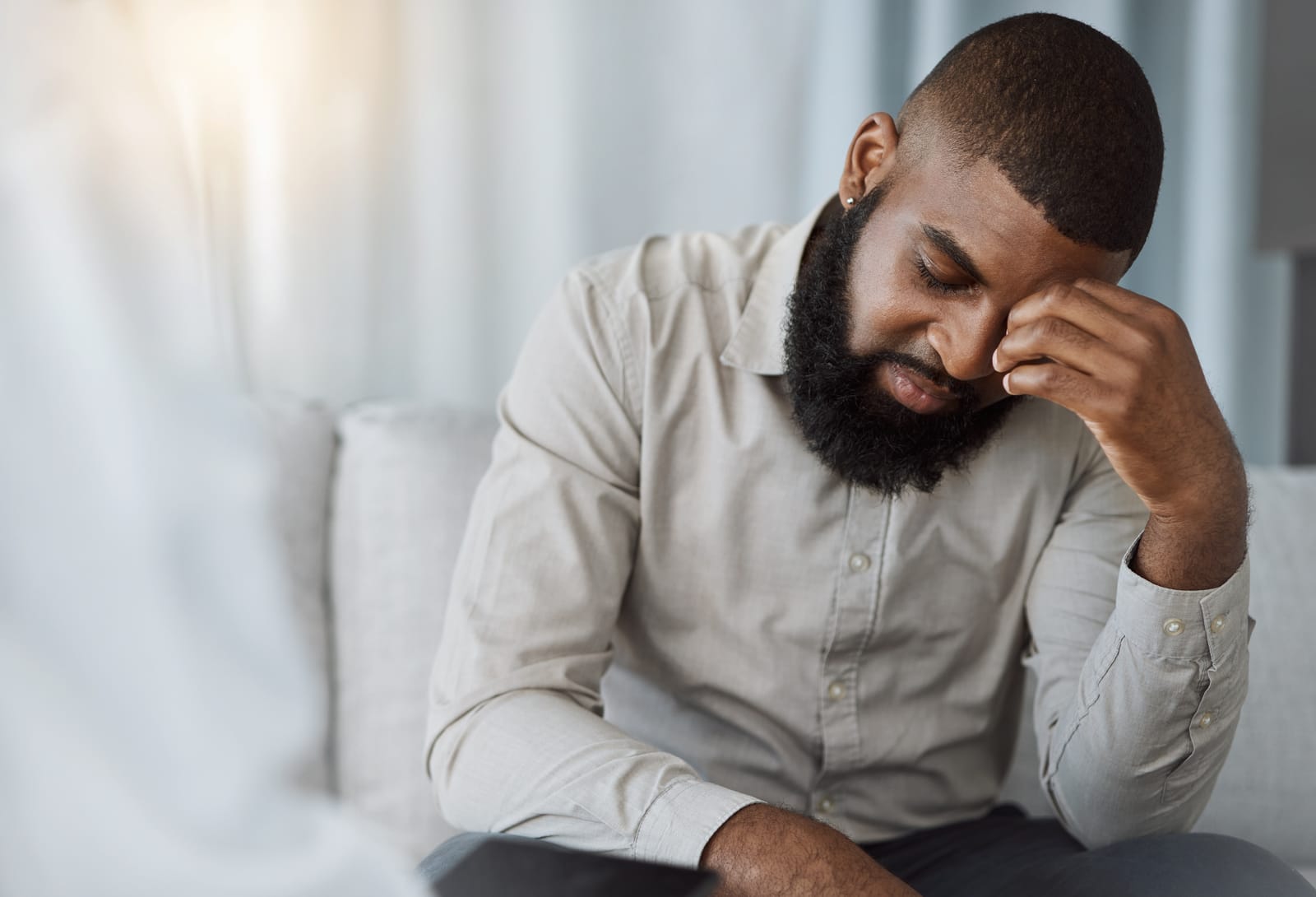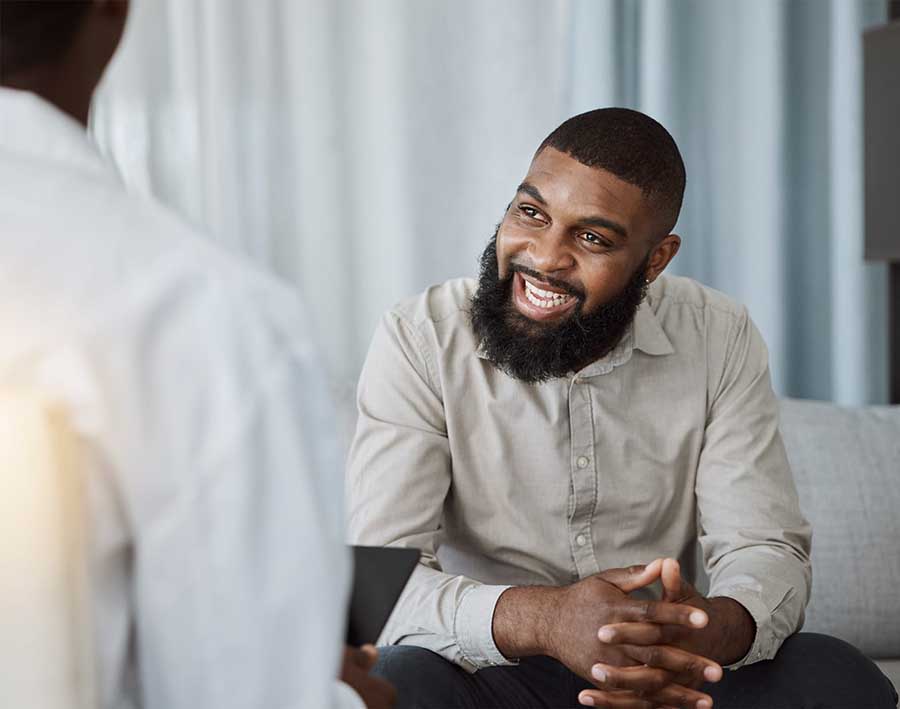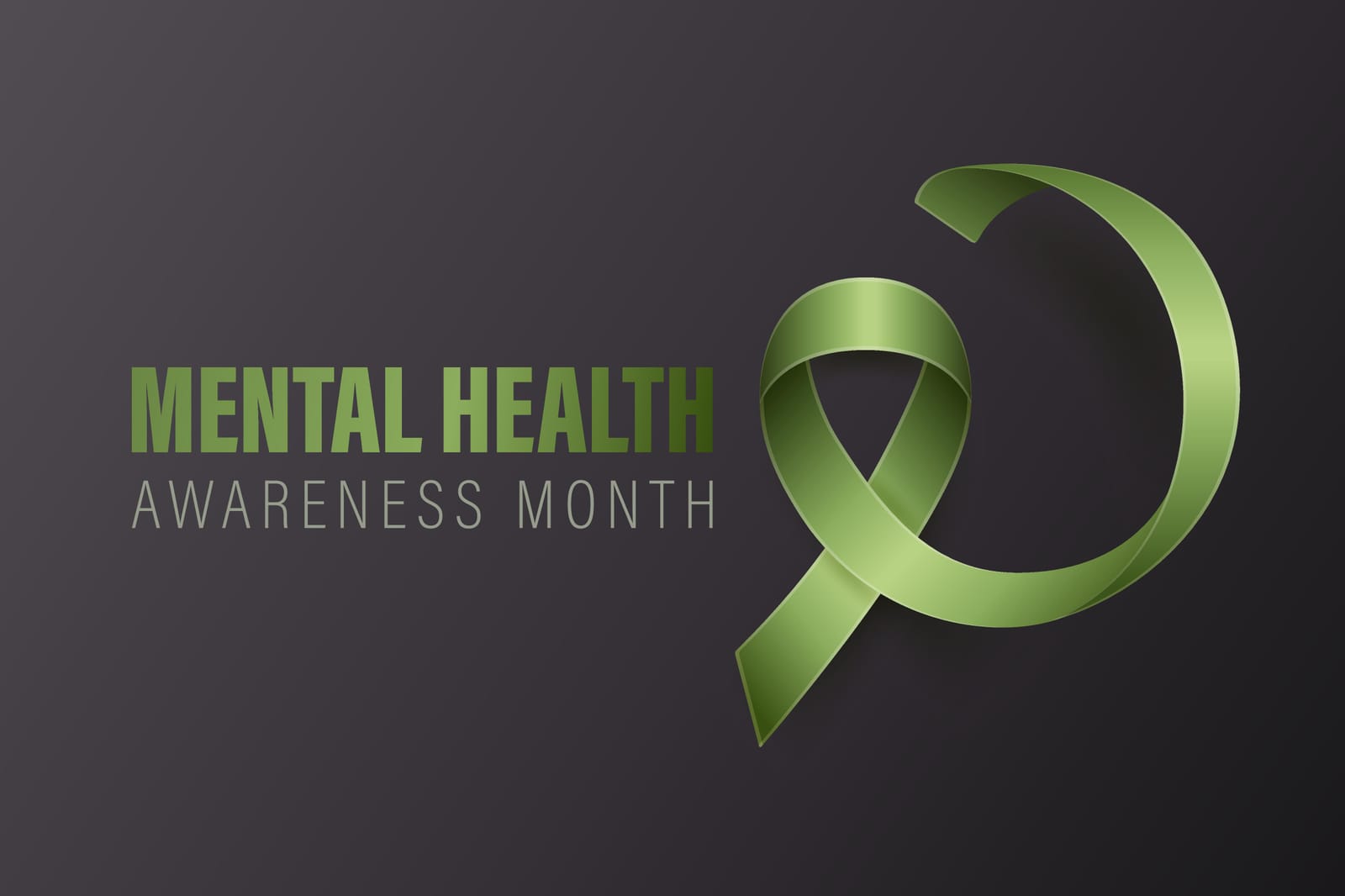Unveiling the Heart: International Day of Persons with Disabilities
In the tapestry of humanity, each thread contributes to the rich and diverse mosaic of life. As we approach the International Day of Persons with Disabilities on December 3rd, let’s take a moment to unravel the stories of strength, resilience, and untapped potential that often go unnoticed.
This day is not merely a date on the calendar; it’s a symphony of voices, a chorus of emotions, and a plea for understanding. It’s a day to shine a spotlight on the incredible journeys of those living with disabilities—stories etched with determination, courage, and the unwavering spirit to overcome obstacles.
The theme for this year, “Building Back Better: Toward a Disability-Inclusive, Accessible and Sustainable Post-COVID-19 World,” resonates deeply in our hearts. The pandemic has cast a harsh light on the disparities faced by individuals with disabilities, highlighting the urgent need for inclusivity, accessibility, and a world that recognizes the inherent value of every soul.
In the dance of life, education takes center stage. It’s not just about classrooms and textbooks; it’s about the right to learn, grow, and flourish. On this day, let’s open our hearts to the stories of triumph over adversity, stories of individuals who, despite facing obstacles, have emerged as beacons of inspiration and sources of wisdom.
Workplaces, those bustling arenas of dreams and ambitions, need to echo with the melody of inclusion. Imagine a world where talents are recognized without bias, where skills are valued irrespective of physical abilities. By dismantling barriers to employment, we not only uplift individuals but enrich the collective human experience.
This International Day of Persons with Disabilities, let’s use our voices as instruments of change. Social media, community events, and everyday conversations can be platforms to share stories, dispel myths, and foster empathy. By bringing the subject into the light, we dismantle the shadows of ignorance and replace them with the warmth of understanding.
The heart of our communities lies in the spirit of togetherness. By creating environments that embrace diversity, we transform mere spaces into sanctuaries of acceptance. Let’s envision a world where accessibility is not a privilege but a right—a world where every door opens, every path is traversable, and every opportunity is accessible to all.
As we reflect on the International Day of Persons with Disabilities, let’s remember that this awareness is not confined to a single day; it’s a continuous journey. It’s about rewriting the narrative, erasing stigmas, and sculpting a future where everyone, regardless of their abilities, is seen, heard, and valued.
In embracing the heart behind this day, we sow the seeds of compassion, nurture the soil of understanding, and watch as the garden of humanity blossoms into a vibrant tapestry where every color, every thread, is an integral part of the masterpiece of life.

